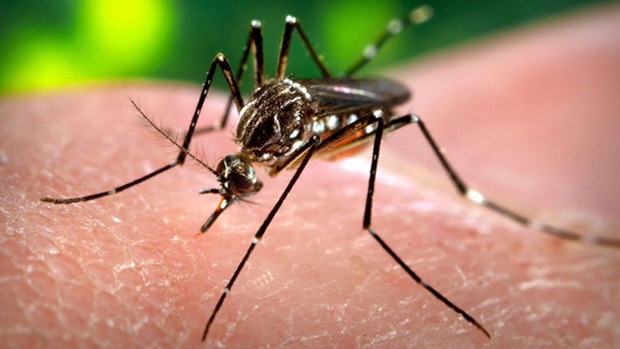The Buzz on Zika Virus
What We Need You to Know
Zika virus recently made news when it was identified in Dallas and Travis County a couple of months ago. It caused quite the frenzy, but how much do we really know about it? The Bug Master has a couple of helpful answers to keep you in the know!

How is is transmitted?
It is spread through a bite of an infected Aedes genus of mosquitoes – same type of mosquito that carries dengue fever and chikungunya.
Where is it found?
It was first identified in Africa in 1947 as an infection of rhesus monkeys in the Zika forest of Uganda and in 1968 it was confirmed as a human disease. Recently, reports have been found in Illinois, Florida, Texas and New York. In these cases, the virus was obtained by individuals traveling through infected countries.
Can there be an outbreak in the U.S.?
The probability of infected mosquitoes traveling to the U.S. is unlikely. However, the National Pest Management Association and the Centers for Disease Control and Prevention will be monitoring local areas where mosquito vectors are present as the summer months near.
What are Zika virus symptoms?
Most cases cause no symptoms. According to PestWorld.org, only about 1 in 5 infected have symptoms which include: mild headaches, fever, rash, red eyes and joint pain.
Is there a treatment?
There is no medicine to treat or vaccine to prevent Zika virus. Those who have been infected should get a lot of rest and drink fluids. It also helps to take acetaminophen for any pain. Avoid aspirin and non-steroidal anti-inflammatory drugs.
Can Zika virus cause birth defects?
There is not much information linking birth defects to the Zika virus. However, there have been studies of possible mother-to-child transmission in Brazil – where there is currently a major outbreak.
It has been linked to microcephaly, a neurological disorder known to affect brain development in babies.
How can we prevent Zika virus?
NPMA urges people to always to protect their skin from mosquito bites when outdoors. Apply insect repellent with at least 20% DEET – picaridin or oil of lemon-eucalyptus. Also, it is recommended to wear long pants and sleeves if you are spending a lot of time outdoors.
Combat mosquitoes in outdoor areas, contact your local Bug Master for mosquito inspections. The hot summer days are coming, it’s best to be prepared!
Information from PestWorld.org
